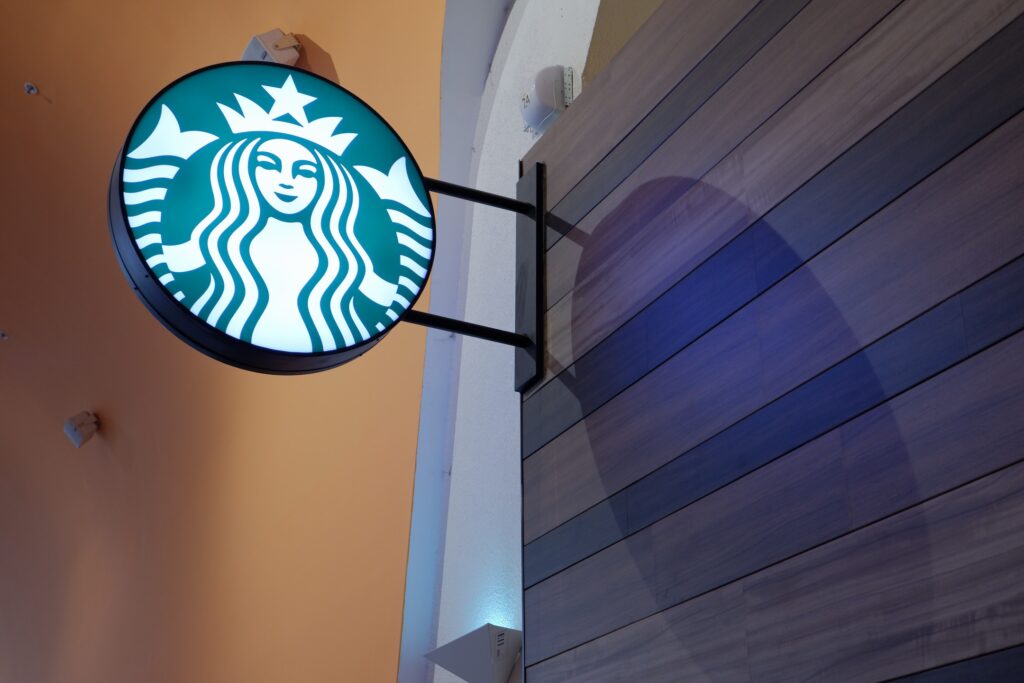Starbucks ordered to reinstate fired Memphis staff

Image credit: GoFoodSmart
Starbucks was ordered by a US judge to reinstate seven Tennessee employees who claim their dismissal was motivated by pro-union activism.
It is a win for labour regulators who sued Starbucks over the firings on the grounds that preserving the jobs was essential to preventing more labour infractions.
Starbucks claims there has been no retaliation and announced it would challenge the ruling.
Regulators had provided sufficient evidence, according to judge Sheryl Lipman, to imply that labour law infractions had taken place.
She claimed that while the claims went through a lengthy legal process, reinstatement was “fair and proper.”
In February, Starbucks fired seven employees in Memphis.
Since then, organisers for the union Starbucks Workers United have claimed that Starbucks has fired more than 75 pro-union employees across the nation as part of a larger crackdown designed to put an end to their campaign.
After looking into the incident, the federal labour watchdog, the National Labor Relations Board, filed a lawsuit against Starbucks for the Memphis terminations in May.
According to Starbucks, the employees were fired for violating corporate policies, which included letting customers in after closure. It was claimed that, in one instance, the workers had permitted journalists to enter the café for a television interview concerning the union initiative.
The business announced its intention to challenge Judge Lipman’s ruling, which might delay any rehiring.
“We vehemently disagree with the judge’s decision,” Starbucks said in a statement.
“These people broke many rules and neglected to uphold safety requirements and a secure working environment.” “Partners that support a union are still required to abide by the rules that are in place to safeguard our consumers, partners, and the communities we serve.”
Since the union drive began last year, employees at about 220 Starbucks locations across the US have chosen to become members of a union, giving them the ability to collectively bargain for salary, benefits, and other working conditions.
Starbucks, which operates close to 9,000 locations in the US under licence and controls hundreds more, claims it prefers to handle employee grievances directly rather than through a “third party.”
